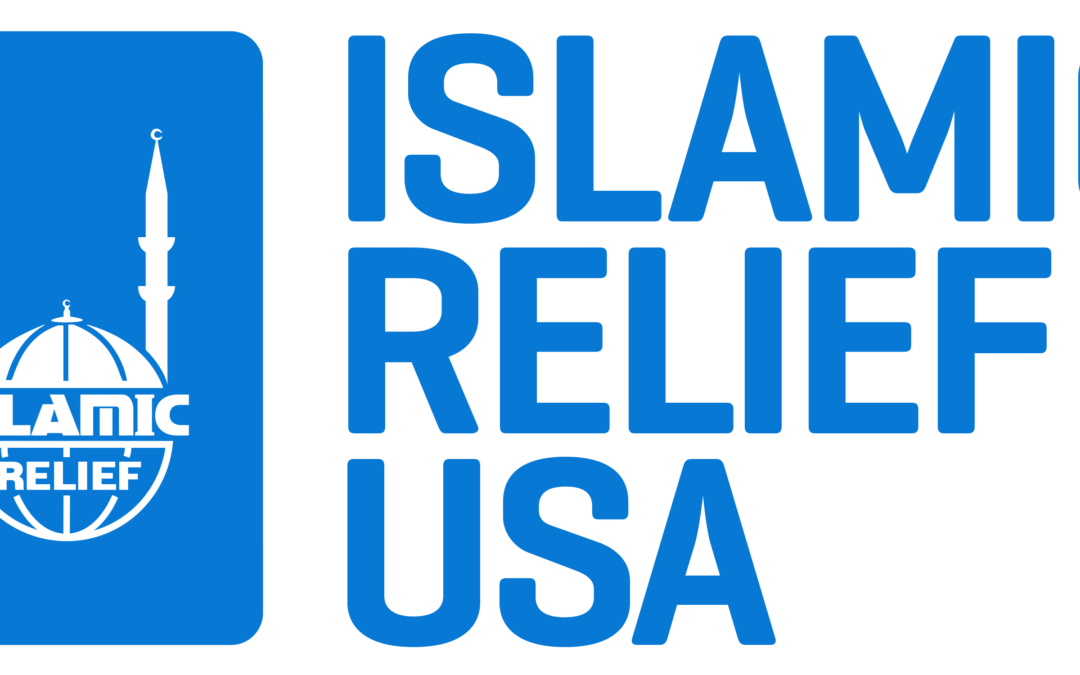Islamic Relief USA (IRUSA) is a testament to the profound impact of humanitarian aid rooted in the teachings of Islam. Its involvement in Sri Lanka, a nation grappling with significant socio-economic challenges, underscores the principles of compassion, justice, and solidarity at the heart of Islamic teachings.
Sri Lanka’s many challenges
Sri Lanka, an island nation in South Asia, has endured decades of turmoil. A civil war that ended in 2009 left deep scars, with significant loss of life, displacement, and destruction. The 2019 Easter bombings further exacerbated tensions and created an environment of fear and mistrust among various religious and ethnic communities. Shortly after that, the COVID-19 pandemic crippled the nation’s economy, which is highly dependent on tourism, leading to heightened poverty and unemployment rates.
Today, Sri Lanka is facing its most significant economic downturn since gaining independence in 1948. Sri Lanka is dependent on imports. The devaluation of the local currency has meant that imports are more expensive and the country is not able to import sufficient quantities of food, essential supplies, and medicine. Approximately 5.7 million citizens urgently require humanitarian assistance across 25 districts in the country. Six million people are food insecure, and 15% of children were wasted.
In June 2022, in response to the Sri Lankan government’s pleas for help, the United Nations and non-governmental organizations launched a joint Humanitarian Needs and Priorities (HNP) Plan to provide life-saving aid to the 1.7 million people worst-hit by the crisis. This plan focuses on critical areas like healthcare, essential medicine, food, safe water, emergency livelihoods, and protection.
Islamic Relief’s mission and approach
Islamic Relief USA operates under the guiding principles of Islamic humanitarianism. This involves providing immediate relief and addressing the root causes of poverty and suffering. Their approach is deeply embedded in the Islamic values of Rahma (compassion), Adl (justice), and Ihsan (excellence). IRUSA’s work in Sri Lanka exemplifies these values through a multifaceted approach.
Emergency relief and recovery
In the wake of natural disasters and crises, IRUSA has been on the ground providing essential aid. This includes distributing food, clean water, and medical supplies to those affected by floods, landslides, and other calamities. Their rapid response ensures that the immediate needs of the most vulnerable are met, preventing further suffering.
Long-term development projects
Beyond immediate relief, IRUSA is committed to sustainable development. The organization has initiated projects aimed at improving healthcare, education, and livelihoods. One example of this type of project:
- Access to Clean Water and Sanitation in Rural Sri Lanka—This project aims to provide access to pure drinking water and sanitation facilities in select villages in Ampara, Batticaloa, and Vavuniya districts. Islamic Relief Sri Lanka is working directly with the coordination of relevant local authorities.
Empowerment and capacity building
A core aspect of IRUSA’s mission is to empower local communities. It provides vocational training and supports small businesses, particularly those focused on women and youth. This empowerment is aligned with the Islamic concept of Zakat (charity), which involves giving and enables recipients to become self-sufficient. One example of this type of project:
- Empowering Widows and Women-Headed Households through Sustainable Livelihoods—This ongoing project will benefit 6,000 in the Ampara, Batticaloa, and Colombo districts of Sri Lanka. It aims to economically empower selected women-headed families who cannot meet their basic needs or earn less than USD $1.90 per day by enhancing their knowledge and skills to improve their economic productivity and livelihood security. It also promotes the rights and protection of women-headed families, widows, and their children and seeks to help them out of poverty.
A testament to the power of compassion
Islamic Relief USA’s involvement in Sri Lanka is a shining example of how faith-based organizations can play a crucial role in global humanitarian efforts. By addressing both immediate needs and long-term development, IRUSA aims to alleviate suffering and build a foundation for a more resilient and self-sufficient future for Sri Lankan communities.
IRUSA’s work in Sri Lanka is also a testament to the enduring power of compassion, solidarity, and justice in a world of challenges. It reminds us that through adherence to the teachings of Islam, meaningful and lasting change can be achieved, bringing hope and healing to those in need.
